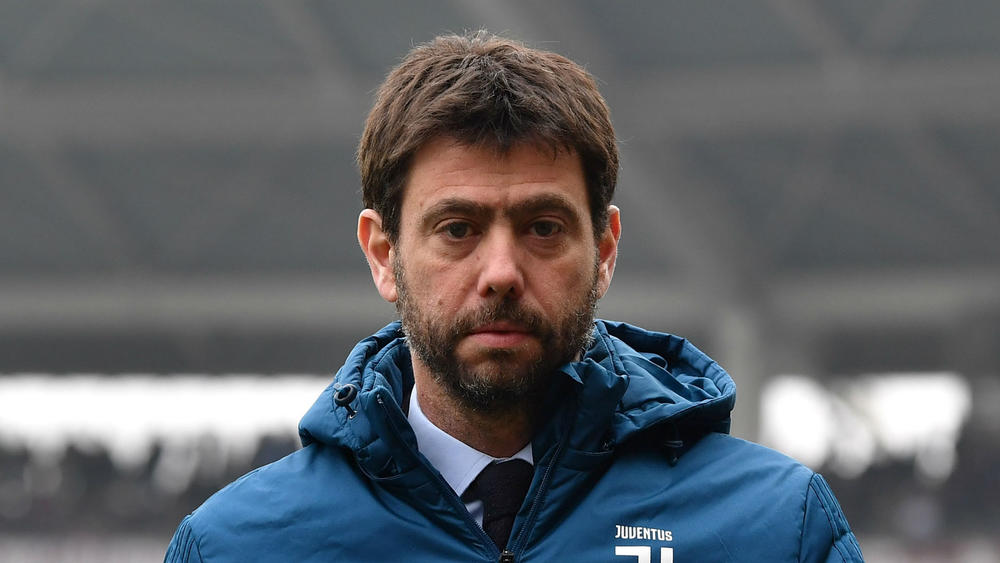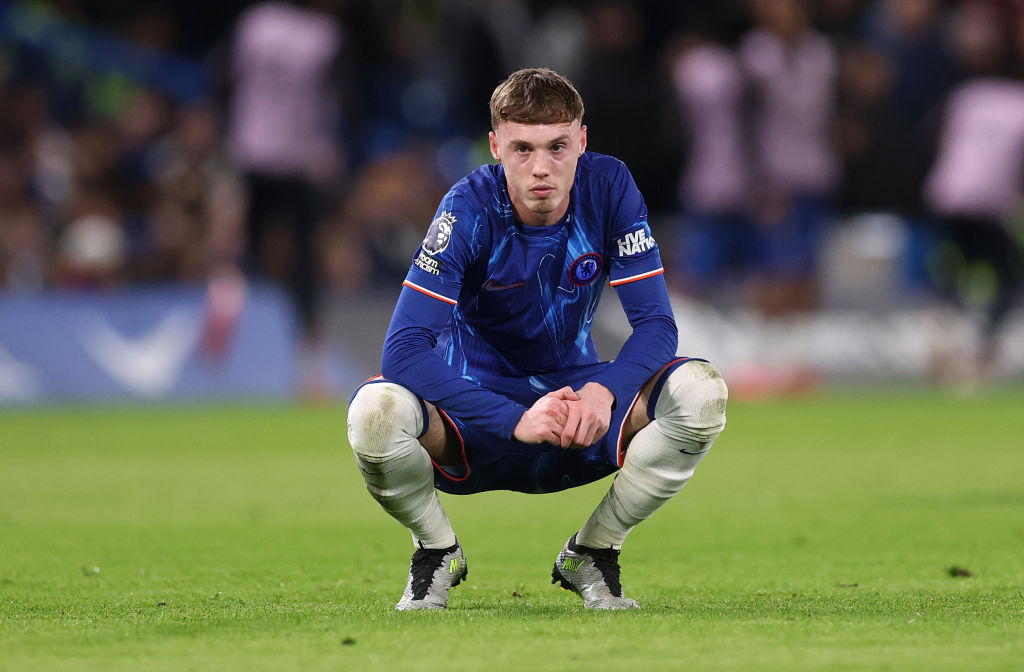Agnelli: No super league talks since 2015
UEFA and the European Clubs Association presented a united front at the European Union following recent Football Leaks allegations.

Juventus chairman Andrea Agnelli insists there have been no discussions over the prospect of a European "super league" since 2015.
Agnelli is also chair of the European Club Association (ECA) and met the European Union Commissioner for Sport, Tibor Navracsics, alongside UEFA president Aleksander Ceferin in Brussels on Tuesday.
The pair presented Navracsics with a letter of intent outlining the willingness of UEFA and the ECA to work together in the coming years "to ensure the sustainable development of European football".
The opportunity to present a united front was timely, given the recent Football Leaks revelations that have rocked major clubs in Europe.
Drawing on documents obtained by the whistleblowers, German publication Der Spiegel claimed a host of the continent's leading names were in negotiations over a breakaway league.
Bayern Munich and their chairman Karl-Heinz Rummenigge were alleged to be at the forefront of the plans, with Juventus among 11 clubs purportedly earmarked for founding membership of the competition.
Bayern and Rummenigge have issued strenuous denials, with the former Germany international stating he would consider legal action, and Agnelli told a news conference in Brussels that no talks over a super league had taken place under his watch.
Get FourFourTwo Newsletter
The best features, fun and footballing quizzes, straight to your inbox every week.
"What must be ruled out – and this is extremely important to me – is that as far as the ECA and Juventus are concerned, in 2018 there have been no talks about a super league," he said.
"No talks about super leagues have been carried out since 2015. That was the last time as clubs we discussed the consequences of a potential super league.
"Since then, president Ceferin was elected head of UEFA, I was elected head of the ECA and we started sharing thoughts and ideas of what could be post-2024.
Agnelli: "What must be ruled out – and this is extremely important to me – is that as far as the ECA and Juventus are concerned, in 2018 there have been no talks about Super League."November 20, 2018
Ceferin was similarly strident in dismissing the prospect of a breakaway – stating that the model of promotion and relegation in national leagues remained fundamental to football in Europe.
"We want to explain that European football is united," he said. "We believe in the European sports model, we believe in promotion and relegation, we believe in inclusivity.
"Many people are saying that big clubs don't care about that; you have living proof here that they do care about that.
"We share the opinion that football is not for sale. We share the opinion that we have to develop football and not just generate revenues. We share the opinion that we cannot sell any competition to any financial entity on a European or global level.
"We are not allowed to do that. We are not the owners of football - we are elected presidents and chairmen."
Those latter remarks hinted towards the ongoing disagreement between FIFA and UEFA over the future operation and format of the Club World Cup.
FIFA put plans to expand the global club competition on hold amid resistance from UEFA on the grounds that president Gianni Infantino declined to identify financial backers for a tournament revamp, citing a confidentiality agreement.
Ceferin underlined UEFA had been left in the dark on this matter when the FIFA council convened in Rwanda last month and suggested such arrangements were more likely to result in breakaway competitions than anything currently being planned in Europe.
ECA chairman Andrea Agnelli: “Today marks an important milestone in the relationship between ECA & UEFA. With the signing of the letter of intent, we acknowledge that future challenges can only be met through collaborative & constructive engagement between our two organisations" November 20, 2018
"I do not have any exact view because we do not have enough information," he said. "Of course, I can't comment on media articles about it.
"We didn't get any information about the background and about anything. Especially not enough for such a project."
Ceferin added: "Do you see any difference between a private super league and a competition that is completely secret, that is 49 per cent sold to a private fund, that is started by secret talks with a few big clubs?
"I don't see much difference between a Super League and a competition like that, but that doesn't mean that FIFA shouldn't organise a Club World Cup.
"There is always room for improvement but not in this direction. This kind of competition is a road to a super league, if is not a super league by itself."
